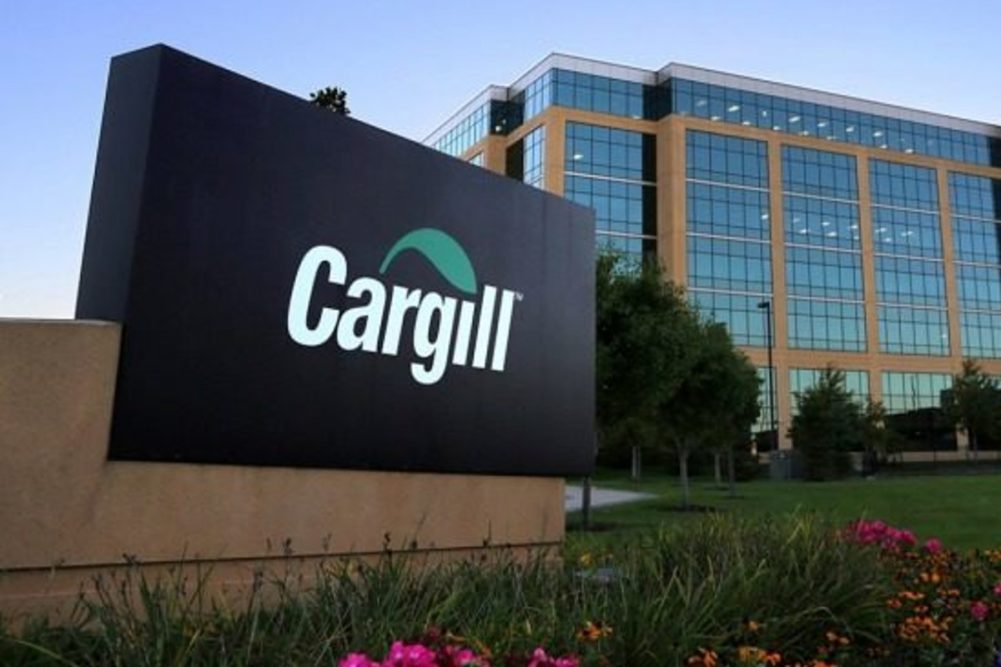MINNEAPOLIS — Progress in greenhouse gas emissions, water conservation and workforce diversity are among the highlights detailed in Cargill’s Environmental, Social and Governance (ESG) report. The recently released report covers the company’s ESG programs and activity in 2022.
“Since Cargill was founded 157 years ago, our food and agriculture system has evolved significantly to meet the needs of a growing, global population,” David MacLennan, chief executive officer and board member at Cargill, wrote in a letter included in the report. “Driven by our values and guiding principles, we have worked throughout the decades to make this system safer and more sustainable.”
Cargill’s sustainability strategy focuses on three priorities: climate, land and water, and people. Among the company’s many 2022 highlights, Cargill includes progress made in greenhouse gas emissions, water conservation, community investment and relief, and workforce diversity.
The company successfully reached its targets for global impact contributions by donating more than $163 million across 57 countries.
Over the past year, Cargill said it invested more than $70 million in energy efficiency and GHG emissions reductions in its operations. It is more than halfway to reaching its Scope 1 and 2 goals to reduce absolute operational GHG emissions by 10% by 2025. To help reach these goals, the company is collaborating with customers and suppliers to develop emissions-reducing technology and renewable energy projects.
Progressing toward its goal to restore 600 billion liters of water by 2030, Cargill noted more than 5 billion liters restored as of this year.
“Our performance against these targets this year indicates we have made progress on the successful implementation of water stewardship practices at priority facilities, as well as scaling our pipeline of regenerative agriculture programs to drive greater impact in our supply chains,” the report said.
While Cargill noted steady progress on many of its goals, the company said two areas require attention to reach their goals: zero deforestation by 2030 and increased diversity, equity and inclusion in the workforce.
With more than 155,000 employees, Cargill operates across 70 countries and sells to 125 countries. The company noted an increase in the number of women represented on the executive team, with 46% being female, and 34% of the company’s leadership roles are fulfilled by women. Cargill hopes to achieve gender parity in leadership globally by 2030.
“Fair and equitable pay is essential for ensuring all workers are respected and appreciated,” the report said. “This year, for the second consecutive year, Cargill achieved gender pay equity, on average, among professional-level employees globally.”
In 2020, Cargill set a goal to increase representation of Black employees in its US and Brazil sectors by 20% by 2025. The company said progress on that goal is being tracked and will be reported later.

